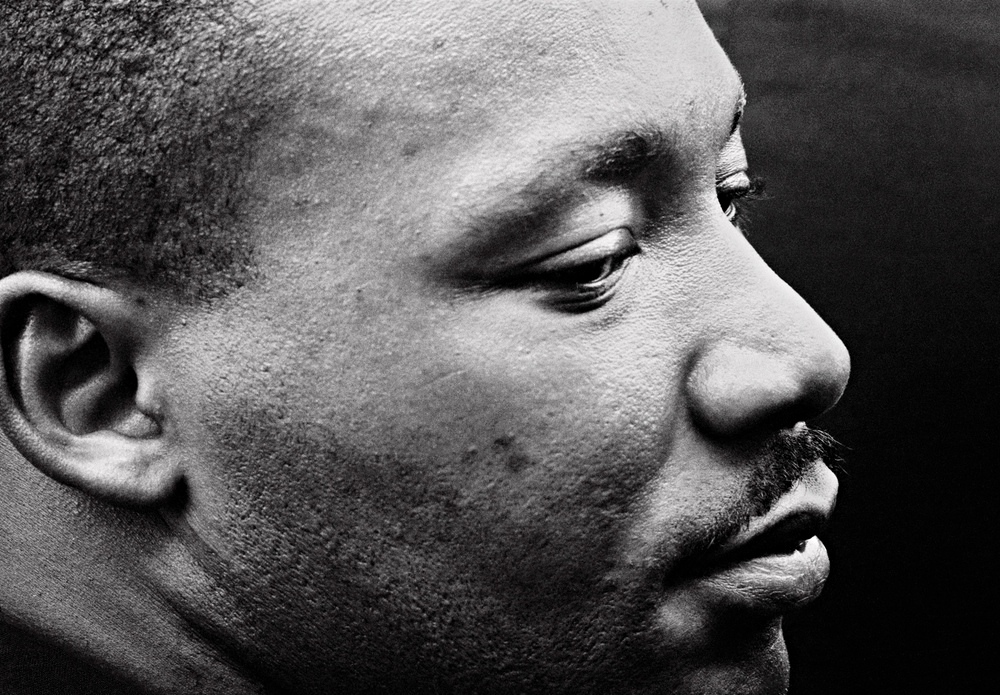
15 Jan Honoring Martin Luther King!
Martin Luther King (MLK) was a rain-maker, perhaps the rainmaker, at the dawn of our nation’s ongoing – and much challenged of late – initiative to right the wrongs of slavery and promote socio-cultural diversity in America.
In 1964, the African American baptist minister won the Nobel Peace Prize for leading nonviolent civil rights demonstrations. His actions were based on the principle of civil disobedience, the strategy of turning the other check practiced for centuries by great leaders from Jesus Christ to Saint Thomas Aquinas and Ghandi.
In 1965, King helped organize more protests in Selma, Alabama. That time his targets were white officials wanting to deny black citizens the chance to register and vote
No big surprise, over the years MLK’s name came to rhyme with the Civil Rights movement. The national holiday which honors his memory takes place this year on Monday, January 18.
Who was MLK? History.com explains.
And, thanks to Heather Cox Richardson’s most recent post, here is MLK’s final speech.

The image of MLK that graced the cover of Time Magazine was taken by the late great photographer Dan Budnik.
Martin Luther King, Jr. was a social activist and Baptist minister who played a key role in the American civil rights movement from the mid-1950s until his assassination in 1968. King sought equality and human rights for African Americans, the economically disadvantaged and all victims of injustice through peaceful protest. He was the driving force behind watershed events such as the Montgomery Bus Boycott and the 1963 March on Washington, which helped bring about such landmark legislation as the Civil Rights Act and the Voting Rights Act. King was awarded the Nobel Peace Prize in 1964 and is remembered each year on Martin Luther King, Jr. Day, a U.S. federal holiday since 1986.
MLK, more:
Martin Luther King, Jr. was born on January 15, 1929, in Atlanta, Georgia, the second child of Martin Luther King Sr., a pastor, and Alberta Williams King, a former schoolteacher.
Along with his older sister Christine and younger brother Alfred Daniel Williams, he grew up in the city’s Sweet Auburn neighborhood, then home to some of the most prominent and prosperous African Americans in the country.
A gifted student, King attended segregated public schools and at the age of 15 was admitted to Morehouse College, the alma mater of both his father and maternal grandfather, where he studied medicine and law.
Although he had not intended to follow in his father’s footsteps by joining the ministry, he changed his mind under the mentorship of Morehouse’s president, Dr. Benjamin Mays, an influential theologian and outspoken advocate for racial equality. After graduating in 1948, King entered Crozer Theological Seminary in Pennsylvania, where he earned a Bachelor of Divinity degree, won a prestigious fellowship and was elected president of his predominantly white senior class.
King then enrolled in a graduate program at Boston University, completing his coursework in 1953 and earning a doctorate in systematic theology two years later. While in Boston he met Coretta Scott, a young singer from Alabama who was studying at the New England Conservatory of Music. The couple wed in 1953 and settled in Montgomery, Alabama, where King became pastor of the Dexter Avenue Baptist Church.
The Kings had four children: Yolanda Denise King, Martin Luther King III, Dexter Scott King and Bernice Albertine King.
Montgomery Bus Boycott
The King family had been living in Montgomery for less than a year when the highly segregated city became the epicenter of the burgeoning struggle for civil rights in America, galvanized by the landmark Brown v. Board of Education decision of 1954.
On December 1, 1955, Rosa Parks, secretary of the local chapter of the National Association for the Advancement of Colored People (NAACP), refused to give up her seat to a white passenger on a Montgomery bus and was arrested. Activists coordinated a bus boycott that would continue for 381 days. The Montgomery Bus Boycott placed a severe economic strain on the public transit system and downtown business owners. They chose Martin Luther King, Jr. as the protest’s leader and official spokesman.
By the time the Supreme Court ruled segregated seating on public buses unconstitutional in November 1956, King—heavily influenced by Mahatma Gandhi and the activist Bayard Rustin—had entered the national spotlight as an inspirational proponent of organized, nonviolent resistance.
King had also become a target for white supremacists, who firebombed his family home that January….
And check out these five little-known facts about MLK from another online source.
Martin Luther King Jr. was in fact born Michael King Jr. However, he was so influence by the Protestant Reformation leader Martin Luther that he changed his name.
By the time he was 15, Dr. King had skipped both 9th and 12th grades and enrolled at Morehouse College, which is also the alma mater of his father and grandfather.
Dr. King got a C in public speaking during his first year at seminary school in Chester, Pennsylvania! Though, by his last years there he was a straight A student and valedictorian of his class.
Although it seems it would have been a well thought out speech ahead of time, parts of Dr. King’s infamous speech “I Have A Dream” were improvised.
When Dr. King received the Nobel Peace Prize in 1964, he was age 35 and the youngest person to ever receive this distinguished notoriety at that time. Currently, Malala Yousafzai is the youngest holder of this recognition, as she received the Nobel Peace Prize at age 17.


Sorry, the comment form is closed at this time.